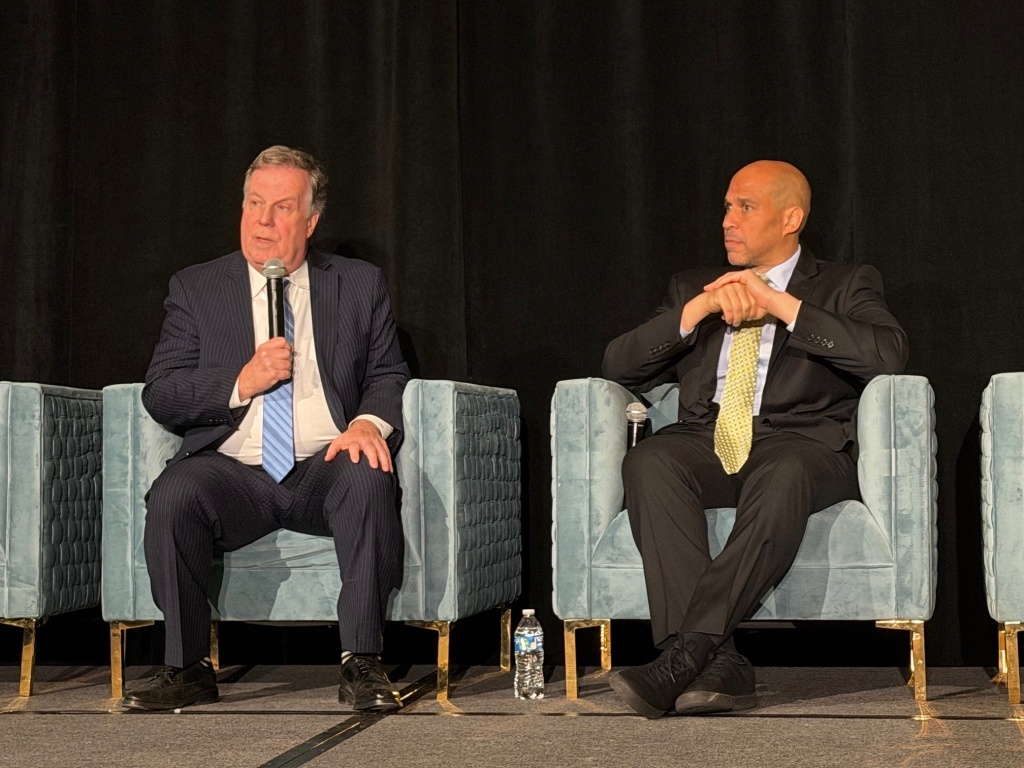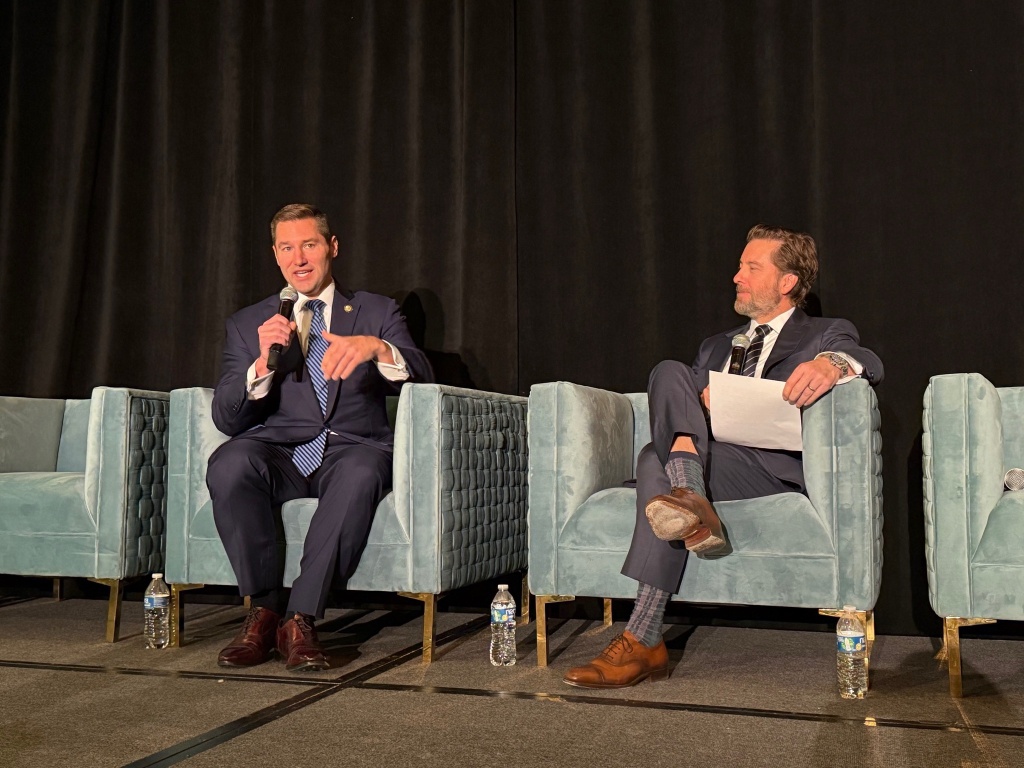Hemp fallout and rescheduling uncertainty dominate D.C. cannabis conference

With renewed national attention focused on cannabis, the IgniteIt Cannabis Investor and Policy Conference in Washington, D.C., couldn’t have come at a more fitting time. The community was rocked this month after President Trump signed legislation redefining hemp on the federal level, a move that could make most hemp-derived products illegal within a year. Meanwhile, industry stakeholders are still holding their breath to see if the administration will follow through on rescheduling marijuana.
RELATED: ‘The most exciting market in the country’: IgniteIt puts Ohio cannabis in the spotlight
The one-day gathering drew top executives, investors, attorneys, and politicians—a formidable “who’s who” of cannabis. While some sessions focused on state markets like Virginia and Maryland, most of the discussion centered on federal policy.
“Welcome to the Hunger Games,” joked Eric Berlin of Dentons from the stage, referring to the shakeup caused by the new hemp rules. The analogy was fitting, given the divisive nature of the debate.

Hemp remains both contentious and unifying, depending on who you ask. Hemp operators, concerned about losing their share of a $28 billion market, hope the community can rally around sensible regulation. Many cannabis operators, however, literally cheered the new policy (one attendee even let out a “woot!”), calling unregulated hemp unfair competition and unsafe for consumers.
Several speakers called for a “one-plant” approach, folding both hemp and cannabis into a single regulatory framework. Still, with less than a year before the hemp laws change, it’s unclear whether such a divided industry can unite for the common good.
Rescheduling predictions remain subdued
Aside from hemp, rescheduling dominated much of the conversation at IgniteIt. The industry had hoped the Trump administration would move forward with the process, especially after the president dropped several hints suggesting momentum. But after an extended government shutdown and the new hemp crackdown, speakers were more subdued in their outlook.
RELATED: These states want to make weed illegal again
Kim Rivers, CEO of Trulieve, said she was “cautiously optimistic” that rescheduling remains on the horizon. Rivers, who has donated generously to Trump-aligned groups, maintained that the president is “a man of his word,” a sentiment echoed by others on stage.
“I tend to believe President Trump…he tends to stand by his promises to his electorate,” said Boris Jordan, executive chairman of Curaleaf, who also donated to Trump’s inaugural committee. “He’s publicly mentioned several times that he supports rescheduling and, more importantly, medical research on the plant.”

Todd Harrison, founding partner of CB1 Capital Management and Kim Rivers, CEO of Trulieve, at the IgniteIt Cannabis Capital & Policy Summit in Washington, D.C. Photo: Rachelle Gordon / GreenState
While the cannabis execs remained hopeful, the politicians in attendance offered little certainty. Three members of Congress spoke at IgniteIt, and none committed to saying rescheduling was imminent.
Senator Cory Booker of New Jersey, a longtime legalization advocate, gave an impassioned speech but couldn’t make any promises. When asked about the state of rescheduling or banking reform, he didn’t offer a definitive timeline, emphasizing instead his continued push for comprehensive reform and adding he’d “accept any progress.”
Booker said he’ll continue fighting to remove cannabis from the Controlled Substances Act altogether. He also expressed hope that the midterm elections could return control of the House to Democrats, a shift that could tip the scales toward reform.
RELATED: ‘F—ing joke’: New York cannabis recall causes chaos for retailers, consumers
Despite this, it’s well known that cannabis reform enjoys bipartisan support. Chief Majority Whip Guy Reschenthaler, a Republican from Pennsylvania’s 14th District, argued that cannabis policy should be part of Trump’s “America First” platform, especially given its economic potential.
He called it “patently offensive” that Canadian cannabis companies can trade on U.S. stock exchanges while American ones cannot. Reschenthaler also pointed to “narco-terrorists and drug cartels” controlling the illicit market instead of American workers as proof that reform is overdue.
He added that Republicans have long defended states’ rights, and cannabis should be treated no differently.

Representative Brian Fine urged lawmakers to “optimize the business,” reminding attendees that Republican National Committee Chair Joe Gruters also supports reform, a sign that momentum could be building within the Party.
Both Fine and Reschenthaler expressed optimism that rescheduling would happen “soon,” but on the president’s timeline. They urged the crowd to contact their elected officials in Washington, emphasizing the economic stakes of both prohibition and reform.
RELATED: Cannabis industry’s financial future won’t wait for Washington
Despite guarded optimism, no one on stage would say definitively that change is ahead. Investors were the only ones to break from the hopeful tone, voicing concerns about mounting debt and limited access to capital. The takeaway? Hope for the best but prepare for the worst.
Diverging industries forge ahead
By the conference’s end, one thing was clear: the cannabis industry still has a long way to go. Those hoping for rescheduling this year are now eyeing 2026, while the hemp sector scrambles to survive. The only unifying theme was mobilization, particularly on the political front. Whether that unity holds remains to be seen.
*This article was updated to correct the name of Eric Berlin of Dentons.
